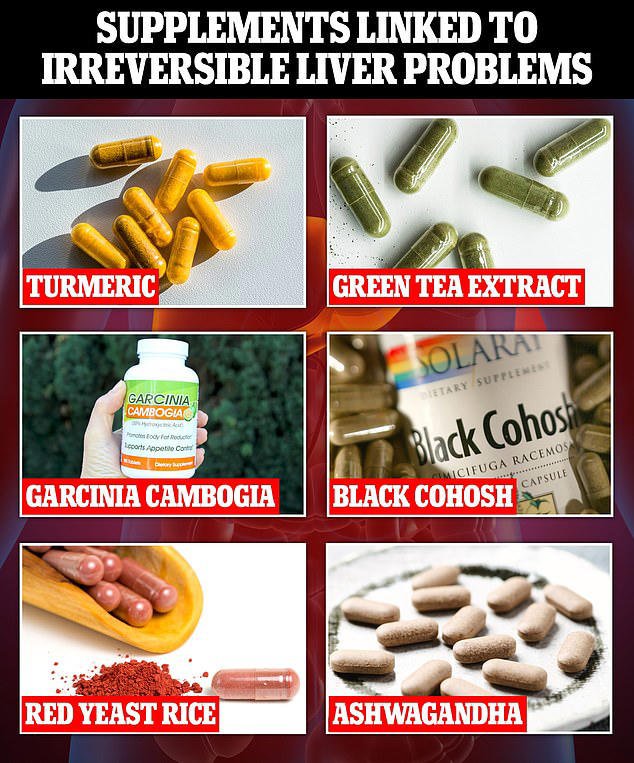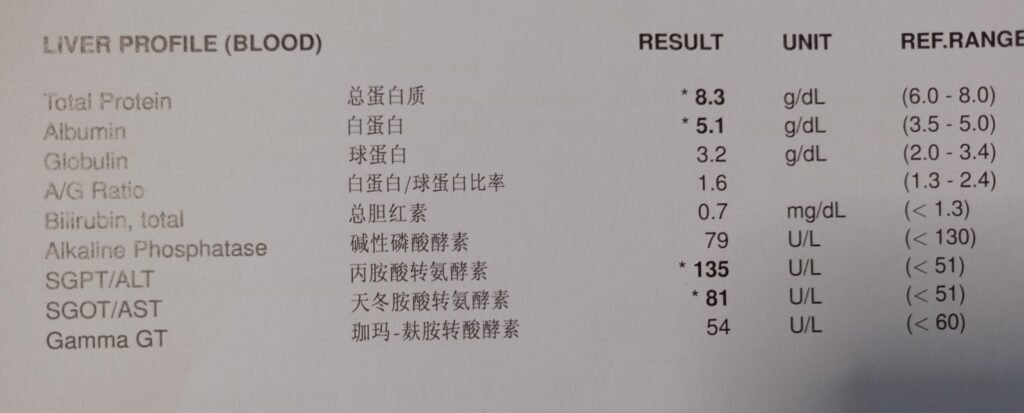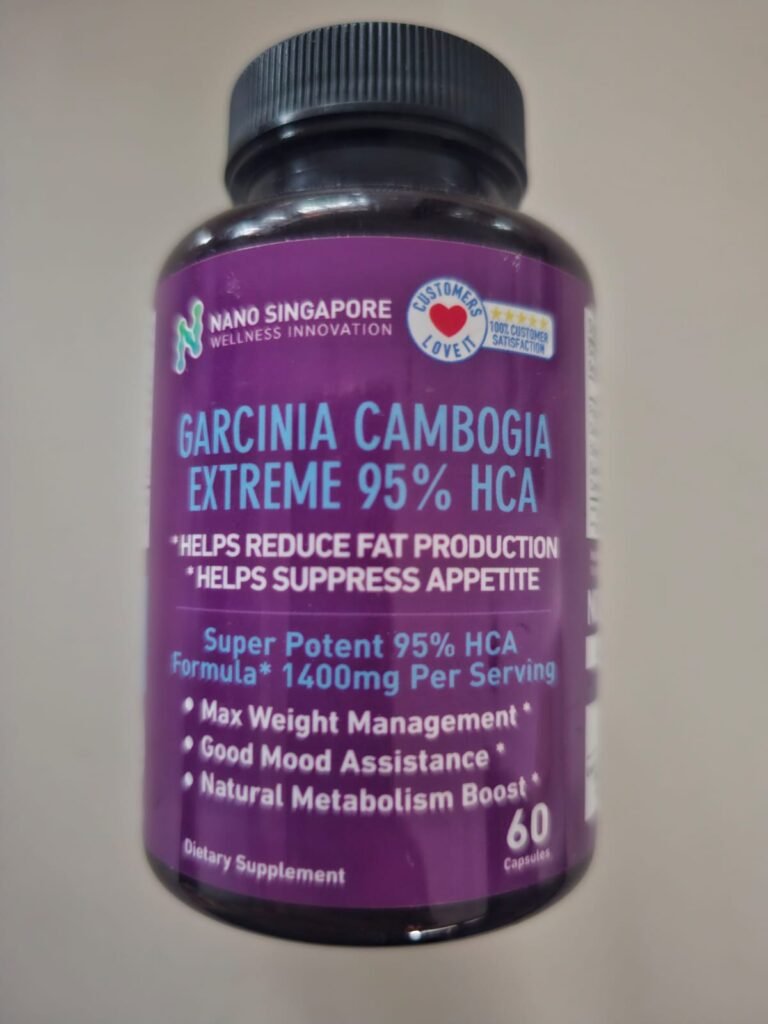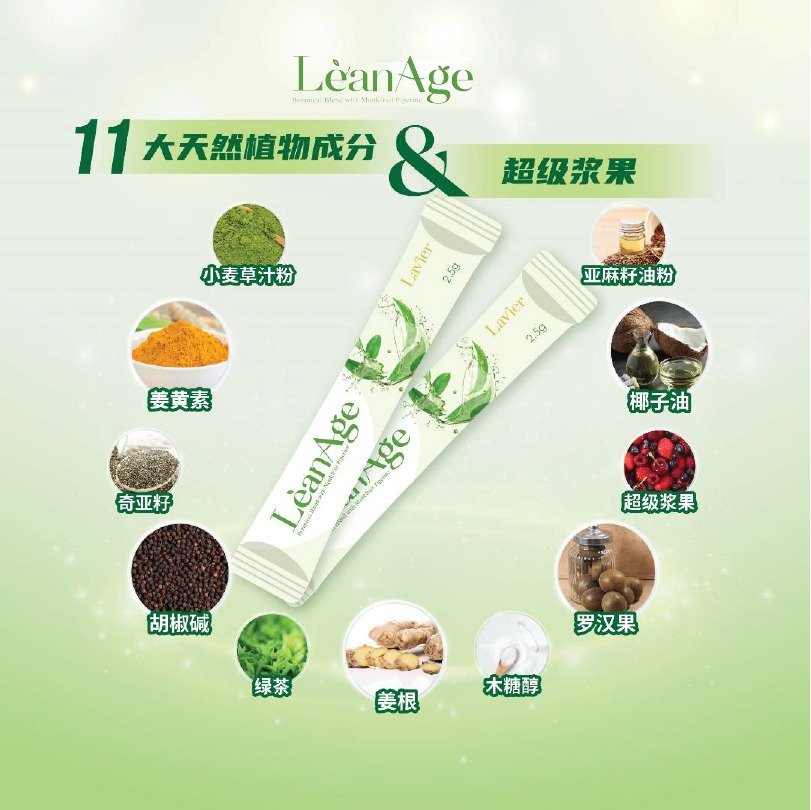6 popular herbal supplements linked to potential liver risks
Turmeric – Very Commonly used especially in TCM supplements:
In Traditional Chinese Medicine (TCM), turmeric (often referred to as “jiang huang”) is used as part of slimming treatments due to its ability to promote the flow of Qi (energy) and improve blood circulation. Its warming and bitter properties help reduce dampness and phlegm, which are often associated with weight gain and obesity in TCM.
Turmeric is also believed to aid in digestion and reduce bloating, which can support weight management. By targeting inflammation and balancing the body’s internal systems, turmeric helps in maintaining a healthy metabolism and supporting overall slimming efforts.
And other uses including:
- Culinary Uses:
- Turmeric is a common spice in cooking, especially in South Asian and Middle Eastern cuisines. It adds a warm, earthy flavor and a vibrant yellow color to dishes like curries, soups, and rice.
- Traditional Medicine:
- In Ayurveda and Traditional Chinese Medicine, turmeric is used for its anti-inflammatory and antioxidant properties. It is often used to treat digestive issues, improve skin health, and boost the immune system.
- Supplements:
- Turmeric is available as a dietary supplement, often in the form of capsules or powders. The active compound, curcumin, is believed to have various health benefits, including reducing inflammation and supporting joint health.
Green tea extracts – Very commonly used in supplements:
In Traditional Chinese Medicine (TCM), green tea extracts are often used as part of slimming treatments due to their fat-burning and metabolism-boosting properties. Green tea is considered to have a cooling nature, which helps clear heat and toxins from the body. It is also known to aid in digestion and reduce dampness and phlegm—two factors linked to weight gain in TCM.
The active compounds in green tea, particularly catechins like EGCG (epigallocatechin gallate), help to increase fat oxidation and improve energy expenditure. By promoting fat breakdown and supporting a balanced digestive system, green tea extracts are commonly incorporated into TCM slimming regimens for natural weight loss and overall health maintenance.
Garcinia Cambogia is widely used as a natural supplement for slimming and weight loss due to its ability to inhibit fat production and suppress appetite. The primary active ingredient in Garcinia Cambogia is hydroxycitric acid (HCA), which is believed to block an enzyme called citrate lyase that the body uses to produce fat. By preventing fat storage, it helps the body burn stored fat more effectively.
In addition to blocking fat production, Garcinia Cambogia is also known to increase serotonin levels, which can help reduce cravings and emotional eating. The combination of appetite suppression and fat inhibition makes it popular in weight management regimens.
While Garcinia Cambogia is not traditionally part of TCM, its properties align with principles of reducing excess weight by curbing the accumulation of fat and supporting balanced digestion. As a result, it is often included in modern slimming supplements and weight loss programs.
Ashwagandha, though primarily known for its stress-relieving and adaptogenic properties, can indirectly support slimming and weight management. Here’s how:
- Stress Reduction and Cortisol Control: One of the key ways ashwagandha aids in slimming is by lowering cortisol levels. High cortisol, often caused by chronic stress, is linked to increased fat storage, particularly in the abdominal area. By managing stress and reducing cortisol, ashwagandha helps prevent stress-induced weight gain.
- Improved Energy and Physical Performance: Ashwagandha is known to enhance stamina, energy levels, and overall physical performance. This boost in energy makes it easier to maintain a regular exercise routine, which is essential for effective slimming.
- Muscle Growth and Fat Reduction: Studies suggest that ashwagandha can improve muscle mass and strength. Building lean muscle mass increases the body’s metabolism, helping burn more calories even at rest, which contributes to fat loss and a toned physique.
- Hormonal Balance: Hormonal imbalances can lead to weight gain, especially in women. Ashwagandha helps regulate thyroid function and supports adrenal health, promoting balanced hormone levels, which are essential for managing weight.
Red yeast rice is mainly known for its cholesterol-lowering properties rather than direct slimming or weight loss effects. It contains monacolin K, a compound similar to the active ingredient in some statin drugs, which helps reduce LDL (bad) cholesterol levels.
In the context of slimming, red yeast rice might be indirectly beneficial due to its ability to support heart health and improve blood circulation. Improved cholesterol levels and better cardiovascular health can contribute to overall well-being, which might help in maintaining a healthy weight.
However, red yeast rice is not typically considered a primary supplement for weight loss. Its use in slimming regimens is limited, and it is usually included more for cholesterol management than for fat burning or appetite control. Those seeking weight loss benefits would typically focus on other ingredients or supplements that more directly influence metabolism, fat reduction, or appetite suppression.
Black cohosh is primarily known for its use in managing symptoms related to menopause, such as hot flashes and hormonal imbalances. It is not typically associated with slimming or weight loss. The herb is traditionally used for its effects on hormone regulation and relief from symptoms like mood swings and night sweats.
In the context of slimming, there is limited evidence to support black cohosh as a weight loss aid. It does not directly influence metabolism, fat burning, or appetite suppression. However, some people experience weight gain due to hormonal imbalances, particularly during menopause. By helping to balance hormones, black cohosh may indirectly assist those struggling with weight management issues related to hormonal fluctuations.
Overall, black cohosh is not widely used or recommended for slimming purposes, as its primary benefits are focused on supporting women’s reproductive health rather than weight loss.

Case Study provided by a user with her recent sharing:
Elevated levels of liver enzymes like ALT (Alanine Aminotransferase) and AST (Aspartate Aminotransferase) can indicate liver stress or damage. Below is a case study provided by a user who had done her health test report with history of consuming supplements like Tumeric from as early as 2020s. Her habits of excessive stock up of supplements left some bottles unfinished in her shelf. After years of Consumption, her ALT and AST turned from normal to unhealthy level.

Turmeric, green tea extract, and Garcinia cambogia are popular herbal supplements, but they’ve been associated with liver issues in some cases.
Turmeric (Curcumin): While turmeric is generally considered safe and even beneficial for liver health, in high doses or with long-term use, it might lead to elevated liver enzymes in some individuals. This could be due to the liver metabolizing curcumin, the active compound in turmeric.

More findings with her sharing:
Garcinia Cambogia: Often used in weight loss supplements, this extract contains hydroxycitric acid (HCA), which can sometimes lead to liver issues. There have been reports of liver toxicity, including elevated ALT and AST levels, in some people using Garcinia cambogia.

Thanks for Above information provided by end user.
Now can you identify which are the ingredients that damage liver?





